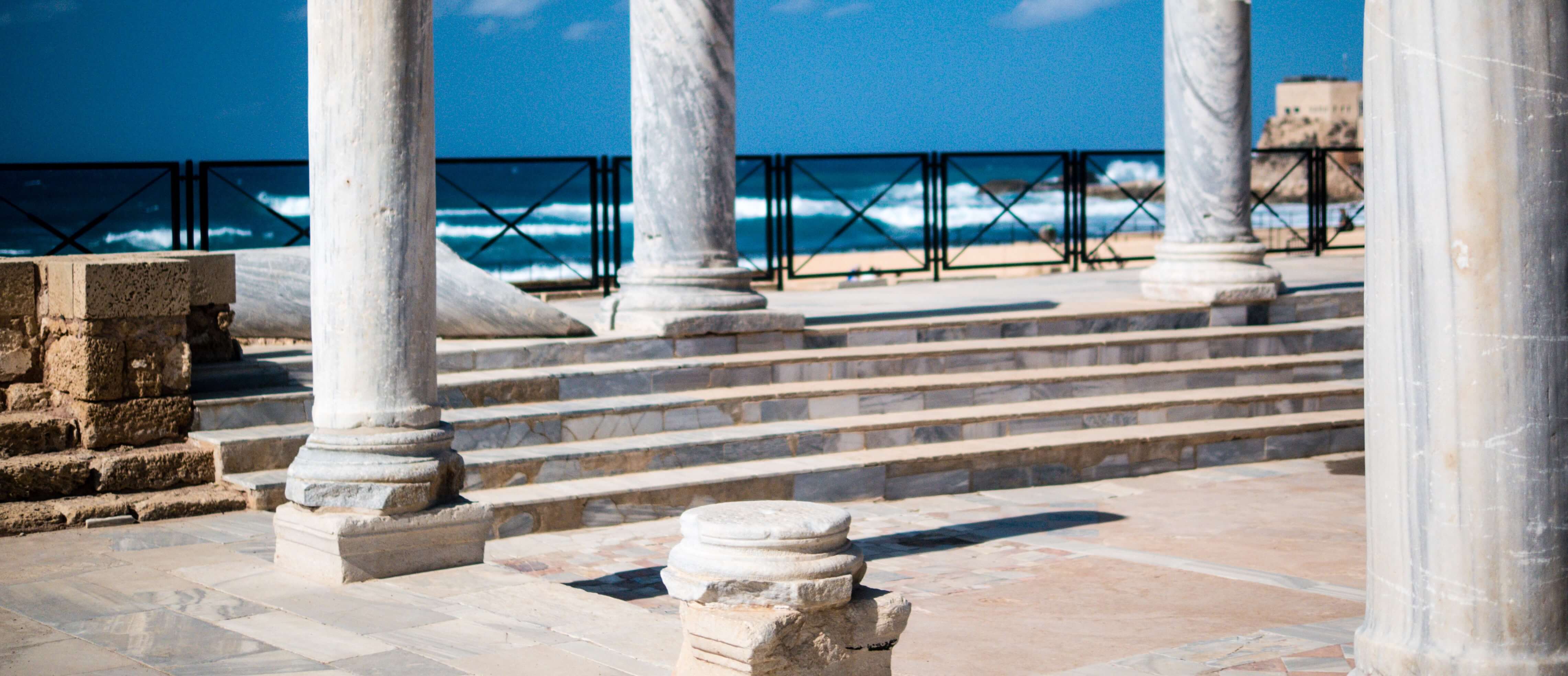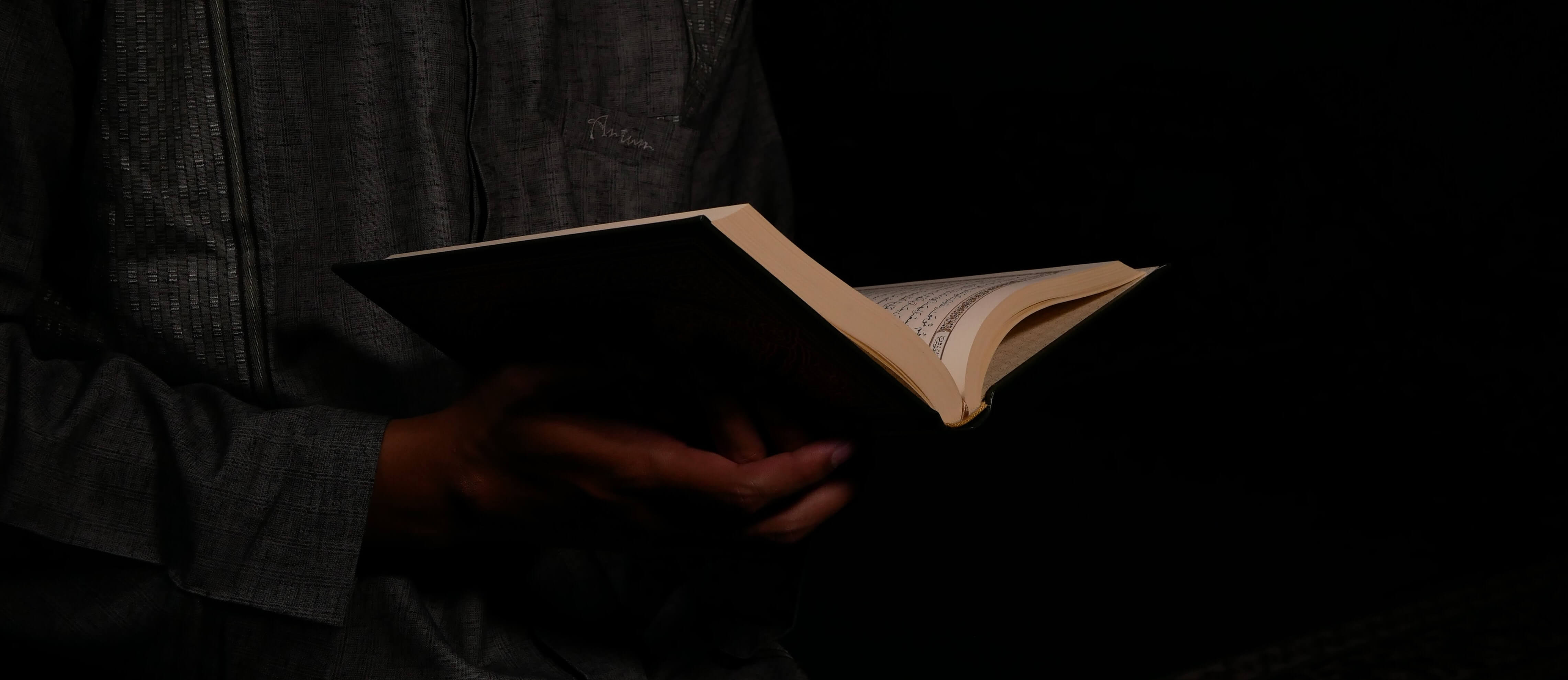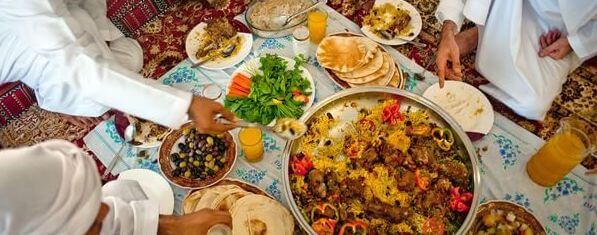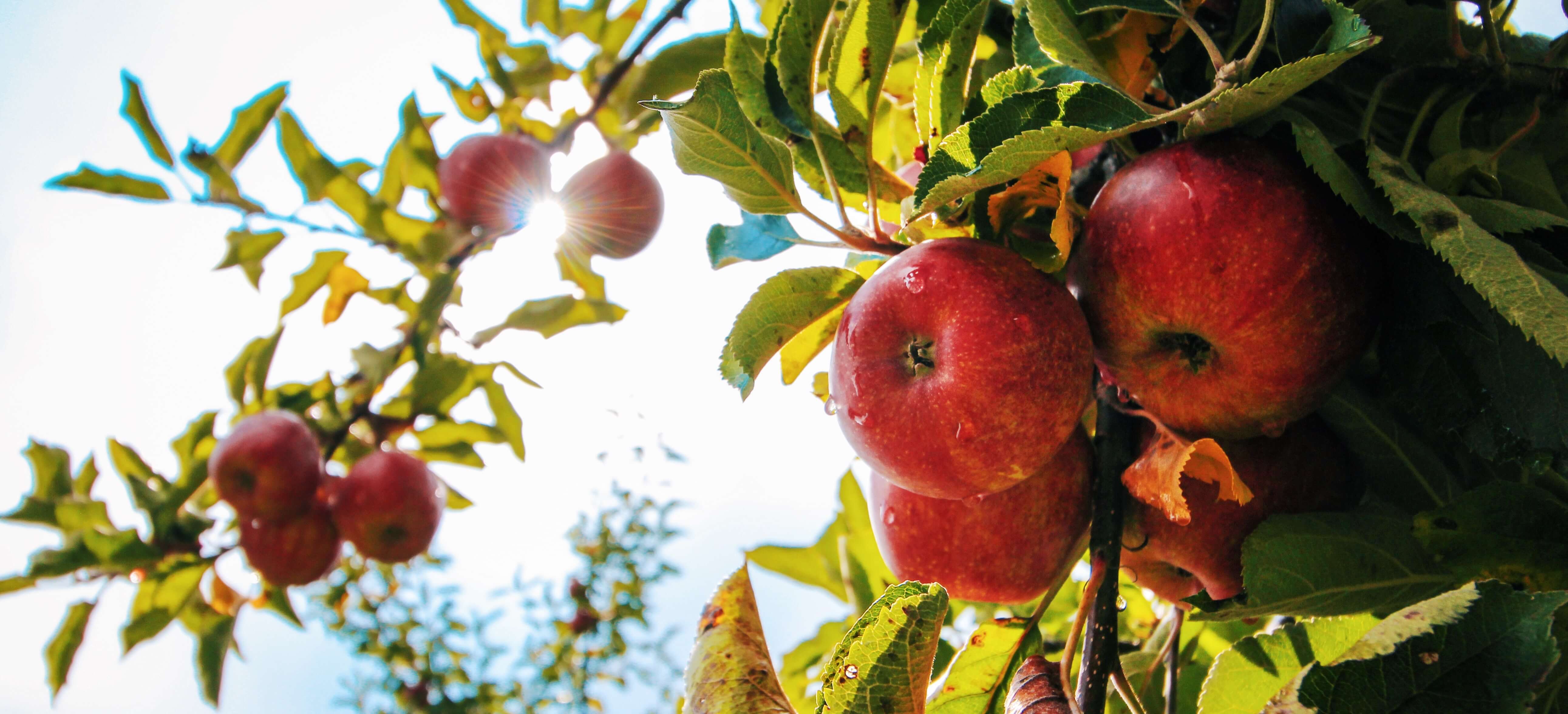
Why do Muslims fast in Ramadan?
There are many reasons why Muslims fast in Ramadan. The main reason of their fasting is because its a pillar of Islam. This pillar is the fourth of the five pillars in Islam.
Muslims are thus obliged to fast the month of Ramadan. According to Sunnism, its disbelief to intentionally leave any pillar of the five pillars of Islam, without having valid excuse.
Short description of the fasting in Ramadan
Muslims fast the whole month of Ramadan, 29 days or 30 days based on the sighting of the new moon. The fasting begins from the break of dawn and ends sunset. The Muslims are forbidden to eat, drink, smoke and have intercourse during those hours.
It is a struggle to fast the month of Ramadan. Muslims challenge themselves to achieve higher levels of God conciousness and piousness.
Not every Muslim must fast during this month. There are those that are excused of it. Like for example:
- Those that are chronically sick
- Those that are unable due to old age
- Mothers who have to suckle their baby
- Menstruation
Those who could not fast during Ramadan, must make their fasting up. That is done by fasting those days on other times, or paying it off by feeding a poor person, for every day missed. Kids are exempted from the obligation to fast.
 (Fixed) the certain number of days (of Ramadan) But if one of you is sick or traveling, then the same number of days can be made up on other days. There is a ransom for those who cannot fast (due to old age sickness or travel). One should feed a poor person for every day eaten.
(Fixed) the certain number of days (of Ramadan) But if one of you is sick or traveling, then the same number of days can be made up on other days. There is a ransom for those who cannot fast (due to old age sickness or travel). One should feed a poor person for every day eaten.
(2:184 Quran)
1. The fourth pillar of Islam

Fasting during the month of Ramadan is considered the fourth pillar of Islam. It is for that reason that it is obligatory for Muslims to fast in that month. Leaving this obligatory fasting without valid excuse is considered disbelief in Sunnism.
Muslims fast according to the way the Prophet Muhammad, peace and blessings be upon him, fasted. Thus, they choose to get closer to Allah by following His commands.
2. The month in which the Quran descended

The holy month of Ramadan is seen as a celebration of the Quran. Muslims try to recite the entire Quran in this month. So Muslims make the utmost use of it in this month to gain understanding and recitation ability. They hope that this will give them a great reward in the afterlife.
 The month of Ramadan (is the month) in which the Quran was revealed.
The month of Ramadan (is the month) in which the Quran was revealed.
(Source: 2:185 Quran)
3. Spiritual healing

While fasting, Muslims are commanded to be patient and to become less angry than usual. It's a way to improve yourself by focusing more on things that do you good. Wasting time is avoided as much as possible while fasting.
Muslims in this month try to act better in situations where they had a hard time. So it is a great opportunity for them to strengthen themselves. It teaches the Muslims to relax and to stress less about the small matters.
During Ramadan good deeds are increased. Muslims choose to put more energy into bettering their behavior and deeds. This would help to strengthen them as a person and be closer to Allah.
4. Gratitude

During Ramadan, Muslims have a great opportunity to reflect on all the favors in their lives. Because of the fasting, many Muslims automatically focus more on the blessings they have been given. It is a moment of gratitude and joy for Muslims to break their fast with a meal that suffices.
Besides the fact that Muslims become more grateful while fasting in the month of Ramadan, they also learn to reflect on the guidance that Allah bestowed them with. They are grateful that they can experience this beautiful month to get more out of themselves.
5. Strengthening family Ties

Ramadan turns families more towards each other. This is because they gather at sunset to break their fast. They make it moments of joy.
Because many Muslims fast on Ramadan, it brings a connection. Families try to gather, to make the most of their fasting. It is a special moment to strengthen ties with those members of the family which was not that great.
6. Resist temptation

Tijdens de ramadan houden moslims zich meer dan ooit in. Alle kwaad wordt gedurende de maand voorkomen om sterker te worden in het weerstaan van verleidingen. Rokers stoppen bijvoorbeeld met roken tijdens het vasten en alcoholisten stoppen met het drinken van alcohol.
Allerlei verleidingen worden vermeden tijdens de ramadan. Denk aan het verspillen van tijd, het kijken naar onnodige dingen op tv, overmatig gamen en eten. Kinderen zijn niet verplicht om te vasten, dus ze zullen zeker een test zijn voor degenen die aan het vasten zijn.
7. Increase empathy

The poor are not left behind during Ramadan. They are never forgotten in Islam. Muslims try to assist the needy and poor with meals and warmth of others.
Muslims can feel the struggle of not eating to some extent. This will give them more empathy for those who do not have the blessing of daily meals.
8. Increase health

When fasting, Muslims think about their health. As studies have indicated that fasting can be healthy, it is a great opportunity to boost health, both mentally and physically. During the meal after sunset, Muslims are advised to start with dates or water.
Dates provide enough energy for a long day and contain many minerals and vitamins. The dates provide a lot of fiber for the stomach to allow for smooth digestion after eating the meal.
However, it is not recommended to stuff yourself in Ramadan. Muslims also put emphasis on movement during fasting. That will stimulate weight loss and overall health.


